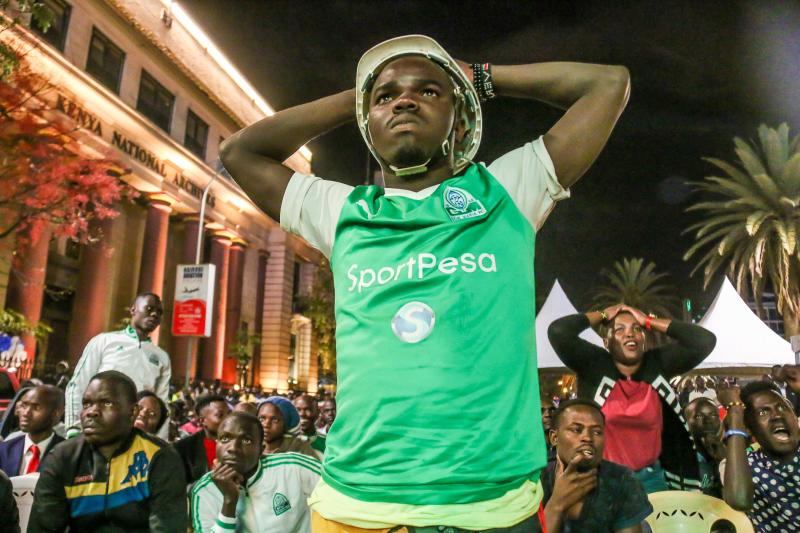×
The Standard e-Paper
Fearless, Trusted News

Kenyan Sports is facing one of its toughest financial tests in the recent years.
From the unfulfilled promises by the government of building and renovating stadiums, to lack of enough sporting facilities and the withdrawal of sponsorship in sports, the pomp and colour at the sporting scene is steadily fading away.